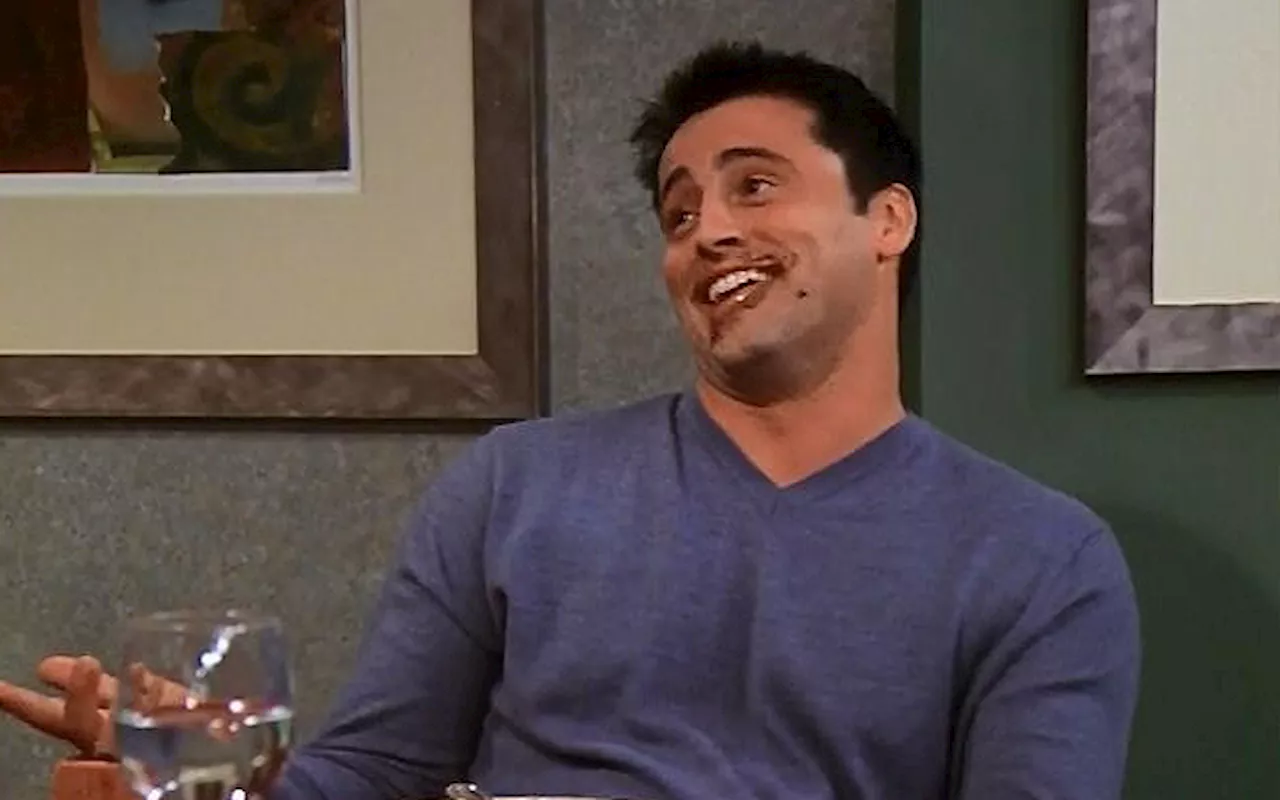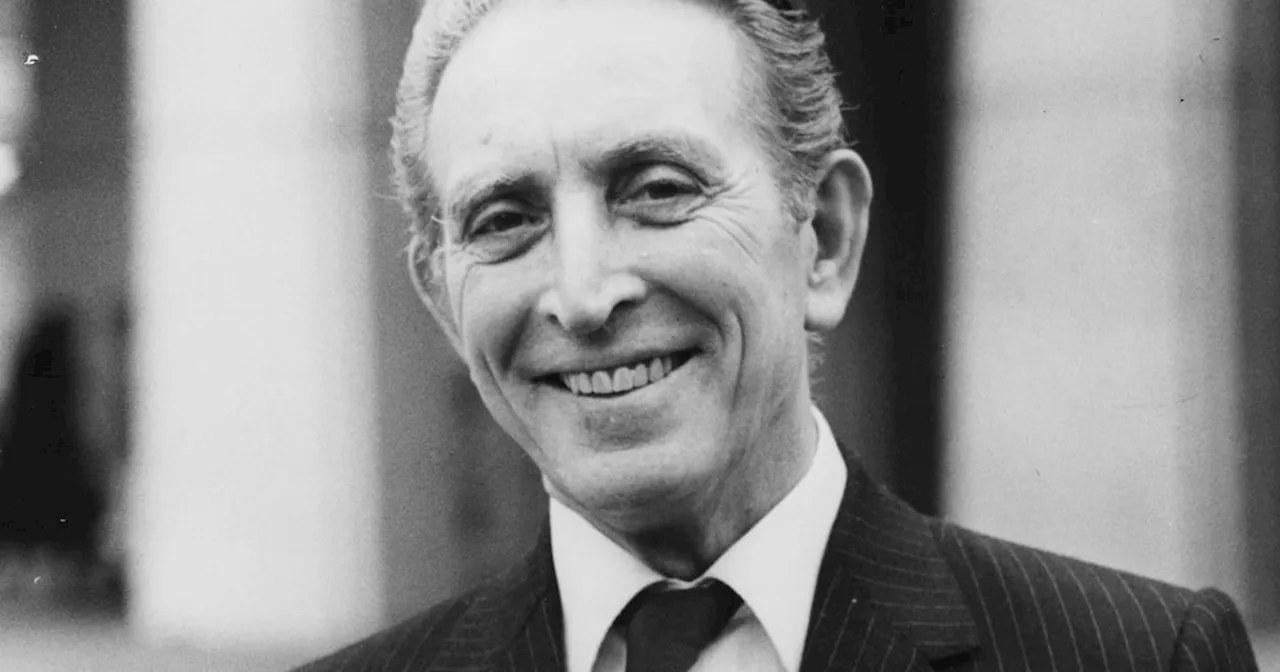This comprehensive review explores Seán Ó Hoireabhárd's groundbreaking work, \u201cThe Medieval Irish Kings and the English Invasion.\u201d The book offers a fresh perspective on the period, centering on the experiences and motivations of the Irish political elite during the English invasion. The review highlights the book's strengths, including its meticulous scholarship, insightful analysis, and focus on post-colonial history. It also acknowledges minor weaknesses, such as the lack of detailed place identifications and the omission of a genealogy for Diarmait Mac Murchada.
Every so often a new book comes along that is described as ground-breaking or a new departure. In the case of the book under review, this is true. At more than 400 pages, physically, it is a big book. It is also a big book in its scope and in its range. Through meticulous scholarship, Seán Ó Hoireabhárd provides an account of the political evolution of Irish kingship through the 11th century and into the late 12th.
It is the first significant history of this type since the late Donnchadh Ó Corráin’s all too brief account in his Ireland before the Normans of 1972, overtaking and superseding other accounts such as those in volume one of the Oxford New History of Ireland (2005) and the more recent volume one of the Cambridge History of Ireland (2018). Here is a major new history of these times by a young scholar who writes primarily from an Irish, rather than an English, perspective, basing his account mainly on Irish sources (principally, the Annals), using the English material secondarily. Ó Hoireabhárd’s book, building on the work of previous scholars such as Marie Therese Flanagan, Katherine Simms, Seán Duffy and others, is a major step forward in developing our understanding of the changes that took place in Ireland in the 11th and 12th centuries. The approach set by Orpen’s magisterial four-volume Ireland Under the Normans, published in 1911 and 1920 – that of seeing the English invasion from the perspective of the invaders and bringing order and “civilisation” to a chaotic and barbarous people, and which dominated the writing of the history of this period for most of the 20th century – is rejected.When it comes to clutter are you more like Michael D Higgins or minimalist Marie Kondo? This is not to say that Ó Hoireabhárd undervalues the impact the invasion had but he centres on the Irish political elite rather than the invading elite; he tries to see and explain what is going on from their perspective rather than from that of the invader. He sets the arrival and conquests of the English in the context of the Irish kings’ ongoing struggles to pursue their own agendas and their adapting to the changing political and military realities that the arrival of the English brings. Ó Hoireabhárd outlines the intellectual framework for the book in his introduction where he says that “is best understood as post-colonial history, with emphasis place on the invaded, colonised and dispossessed parties at the expense of their conquerors”. He does not, however, labour the point. The book thereafter is divided into five main sections. The first three constitute the bulk of the book’s text and are extended treatments of histories of the three “hegemons” of Connacht, Ulster and Munster including Leinster, to use modern designations. This comes into its own most particularly in his analysis of the reactions of the king of Ireland, Ruaidrí Ua Conchobair, (and his successors as kings of Connacht) to both the English invasion and to their subsequent conquests in the final decades of the 12th century and, indeed, in the first decades of the 13th. Here, more clearly than ever before, we see these events from an almost wholly Irish perspective and gain an understanding of the thinking and motivation of Ruaidrí, particularly when confronting the challenge presented by the English. Ó Hoireabhárd presents us with a cogent rationale for Ua Conchobair’s behaviour while not resiling from the conclusion that, ultimately, Ruaidrí failed to grasp the larger significance of the invasion. He is also particularly good on Diarmait Mac Murchada’s seeking of foreign assistance to help him regain his kingship after his expulsion in 1166.The book’s final two sections are devoted to an analysis of the evolution of the kingship of Ireland and its pursuit by the main “hegemons”, and the progress of the invasion not just from the point of view of the invaders but by restoring agency, as he puts it, to the Irish kings in their actions and reactions. The book has some minor weaknesses. Many of the lesser-known places named in the text are not identified in the footnotes and one must turn to the index for that; indeed, a map showing the locations mentioned in the text would have helped greatly. The maps that are provided in Appendix 2, while useful, are rather small and difficult to read; their orientations, too, need explanation. Inexplicably omitted from Appendix 1 is a genealogy for Diarmait Mac Murchada, problematic though that genealogy might b
HISTORY IRISH HISTORY ENGLISH INVASION MEDIEVAL IRELAND KINGS POSTCOLONIAL HISTORY
Ireland Latest News, Ireland Headlines
Similar News:You can also read news stories similar to this one that we have collected from other news sources.
 Here's What Team STELLAR Is Loving This WeekSTELLAR Magazine, Irish Fashion, Irish Women's Magazine, Irish Beauty, shops in Ireland, celebrity news, glossy magazine, Fade Street, make-up tips, Irish style, Vip Magazine Group
Here's What Team STELLAR Is Loving This WeekSTELLAR Magazine, Irish Fashion, Irish Women's Magazine, Irish Beauty, shops in Ireland, celebrity news, glossy magazine, Fade Street, make-up tips, Irish style, Vip Magazine Group
Read more »
 Tonnes Of Leftover Christmas Chocolate? Here's What You Should Do With ItSTELLAR Magazine, Irish Fashion, Irish Women's Magazine, Irish Beauty, shops in Ireland, celebrity news, glossy magazine, Fade Street, make-up tips, Irish style, Vip Magazine Group
Tonnes Of Leftover Christmas Chocolate? Here's What You Should Do With ItSTELLAR Magazine, Irish Fashion, Irish Women's Magazine, Irish Beauty, shops in Ireland, celebrity news, glossy magazine, Fade Street, make-up tips, Irish style, Vip Magazine Group
Read more »
 Hundreds take part in Dublin vigil to show support for Palestinian journalistsMembers of Irish press gather for Irish Palestine Solidarity Campaign’s New Year’s Eve vigil
Hundreds take part in Dublin vigil to show support for Palestinian journalistsMembers of Irish press gather for Irish Palestine Solidarity Campaign’s New Year’s Eve vigil
Read more »
 Here's What Team STELLAR Is Loving This WeekSTELLAR Magazine, Irish Fashion, Irish Women's Magazine, Irish Beauty, shops in Ireland, celebrity news, glossy magazine, Fade Street, make-up tips, Irish style, Vip Magazine Group
Here's What Team STELLAR Is Loving This WeekSTELLAR Magazine, Irish Fashion, Irish Women's Magazine, Irish Beauty, shops in Ireland, celebrity news, glossy magazine, Fade Street, make-up tips, Irish style, Vip Magazine Group
Read more »
 Irish Officials Criticize Proposed Anglo-Irish Talks ChairsIrish officials voiced disapproval of several potential candidates for the Anglo-Irish talks chair, highlighting concerns about their legal track records, political affiliations, and personal qualities.
Irish Officials Criticize Proposed Anglo-Irish Talks ChairsIrish officials voiced disapproval of several potential candidates for the Anglo-Irish talks chair, highlighting concerns about their legal track records, political affiliations, and personal qualities.
Read more »
 Irish News Roundup: Inflation Slows, Price Hikes Hit Irish Businesses and PubsThis news piece covers various economic events in Ireland, including the slowdown of inflation in supermarkets, price hikes affecting telecom and pub sectors, and the reopening of the Clerys department store.
Irish News Roundup: Inflation Slows, Price Hikes Hit Irish Businesses and PubsThis news piece covers various economic events in Ireland, including the slowdown of inflation in supermarkets, price hikes affecting telecom and pub sectors, and the reopening of the Clerys department store.
Read more »
